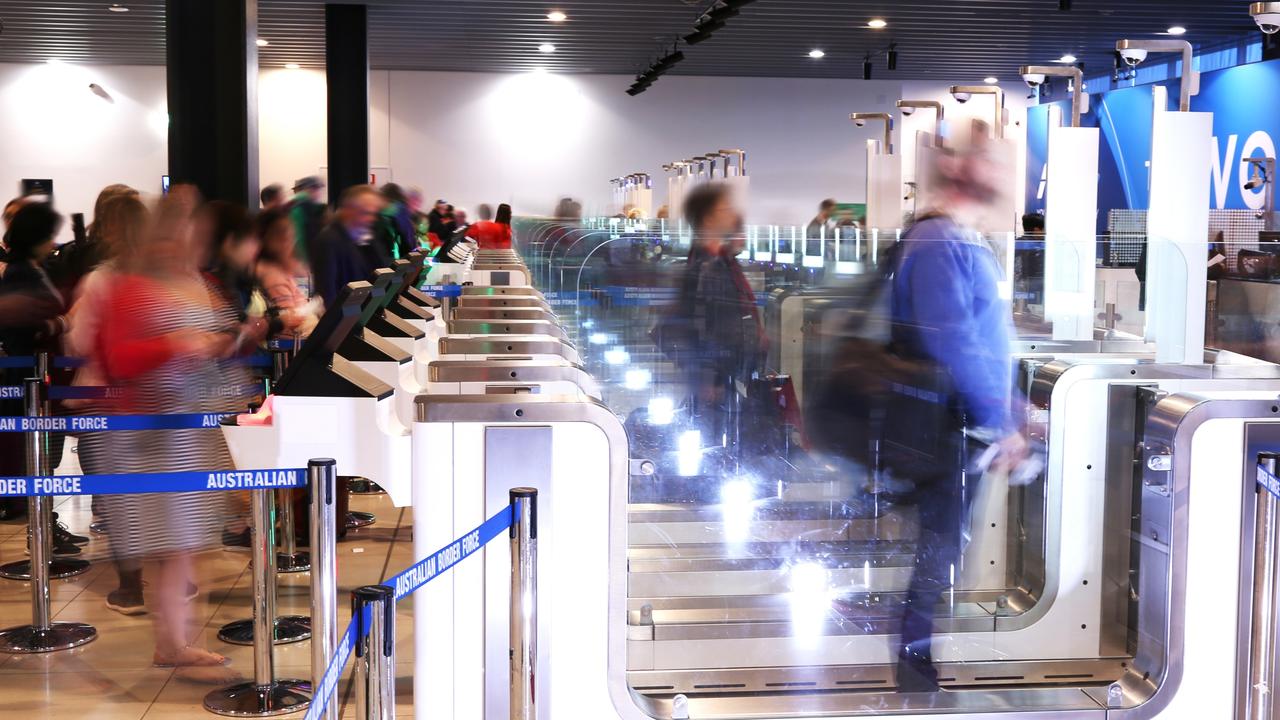Barefoot Investor says no matter how much you love your dog, $60,000 in vet fees is too much
Scott Pape loves his new kelpie pup but there’s no way he’ll be forking out $60,000 in vet fees like one of his financially-strained, dog-obsessed Barefoot followers did.
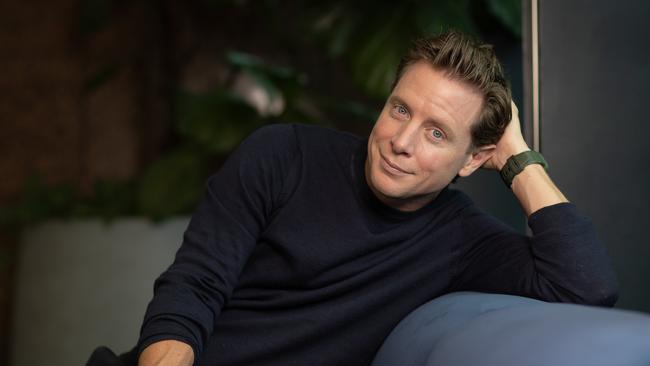
Business
Don't miss out on the headlines from Business. Followed categories will be added to My News.
Imagine you have a friend who is morbidly obese.
They come to you and confess: “I can’t keep living like this, I’ve decided to take action.”
Then they explain their plan:
“There are two things I will not do: diet or exercise.
“However, I’ve been researching on the internet and I’ve come up with two amazing solutions: first, I’m going to drink 100ml of castor oil each night, which an ad I read promises will ‘burn my fat like a blowtorch’. And I’ve also bought some electrode pulsing pads that I saw on The Morning Show. All I have to do is stick one to each of my butt cheeks and they simulate running a marathon, all while I sit on the couch and watch Larry on the telly.”
Okay, so what I’ve just described is like both of the major parties’ policies on tackling housing affordability.
The fact is that neither Labor nor the Coalition wants to do anything that will cause house prices to fall … and become more affordable.
Why not?
Well, think of it from a politician’s point of view: a third of voters own their own home outright, another third are paying their home off, while the final third rent. In other words, the overwhelming majority of voters want to see their homes rise in value.
So that means that politicians need to play a game of legislative limbo and come up with pole-dancing property policies that really don’t achieve anything.
And the closest match to those pulsating electrode pads has to be the Government’s signature housing policy, the Help to Buy Scheme, which encourages low-income earners with just a 2 per cent deposit to buy a home.
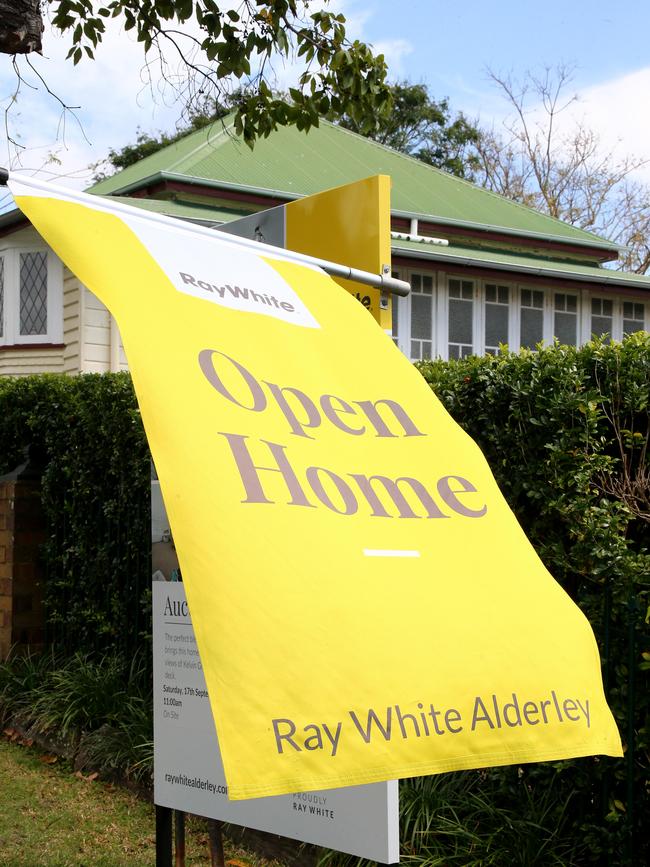
Now I don’t need your vote, so I’ll tell you this is a dumb idea: broke people shouldn’t buy homes.
So I know what you’re thinking …
You’re thinking it’s easy for me to take potshots at obese people, and politicians (or both, hello Clive Palmer!), yet it’s much harder to come up with anything constructive myself.
So let me give it a go.
The biggest losers from our housing dumpster fire, ironically, are not voters.
It’s Aussie kids.
Specifically, more than 76,000 Aussie children under the age of 18 who sought help from homelessness services in 2022–23. Almost 16,000 of these kids were alone – unaccompanied by a parent or caregiver. The other 60,000 kids sought help with their family, according to Homelessness Australia.
Know this: the long-term trauma of a childhood spent without a stable roof over your head, of constantly moving schools, and absorbing the impact of Mum or Dad being constantly stressed about where they will live, is real and it’s long lasting.
Now this is something the Government can fix … but again, politically, it’s not really a vote-winner.
Many years ago politicians decided it was a better vote-grabber to give tax breaks to investors to provide private rentals, rather than build more public housing.
It hasn’t worked.
Who’s going to vote for the people who don’t get a vote?
Tread Your Own Path!
The Sixty Thousand Dollar Sausage Dog
Hi Scott,
I have two mini dachshunds (sausage dogs), nine and eleven years old, and they mean the world to me. I’ve always had pet insurance with 80 per cent cover up to $30,000 per year. One dog recently needed two surgeries costing $30,000. Three months later, another surgery for an intestinal blockage cost another $30,000. Also dachshunds can require spinal surgery for a disease called IVDD and both my dogs have that disease and are at risk, and the cost can be as much as $23,000 for surgery!
The worst part is that Aussie pet insurers are known for jacking up prices based on your dog’s age and claims made. So now I’m paying $625 a month for two insurance policies. But can I afford not to? I have $20,000 in savings (redraw available on home loan) but if needed for vet costs I could be left with nothing very quickly. The lines are blurred for me out of fear and love for my dogs. No one would choose to end their family member’s life over money, no matter the cost, if they can help it. Please advise.
Gina

Hi Gina,
You’re talking to a dog person. In fact, just this week we got Lucky, a brand-new kelpie puppy sheepdog-in-training. The kids are so excited – Bluey ain’t got nothing on Lucky.
I have no doubt Lucky will become a very much loved member of our family. However, she is not a human – nor will she live forever. And that’s why there is absolutely zero chance I’d spend $30,000 on an operation for her.
Gina, you need to look after your own financial needs first.
That doesn’t mean you don’t love your dogs. On the contrary, it could be the kindest thing you could do (especially for older, sicker dogs). So when the time comes – which it will in the next five or so years – you need to be strong enough to put them out of pain, and cherish the memories you shared. And then, when the time is right, get another dog (and hopefully a new vet with less bite).
Cheap Share Sale
Hi Scott,
I know you probably won’t get this but it’s worth a shot. Years ago (before we found you!), my wife and I bought $5000 in bank shares (Westpac and Bendigo) right before the market dropped significantly. The market has finally recovered and the share prices have gone above what we paid for them. I inquired with the share broker about selling them, to put the money towards something else, and he told me it would cost $800 in fees to sell them. Is there a way that we can sell the shares ourselves?
Frustrated Investor
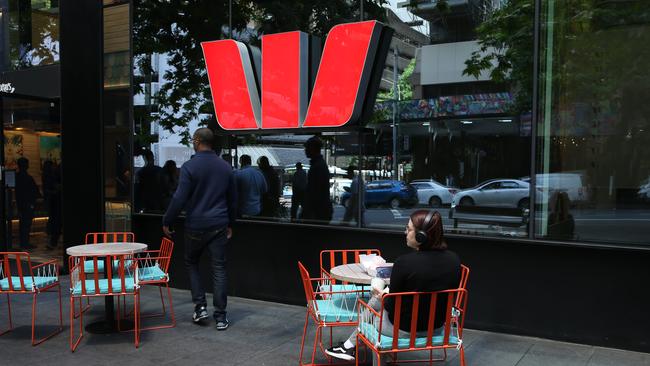
G’day,
So this smells as bad as the bottom of my son’s backpack on the last day of term.
If I were in your situation, here’s what I’d do:
First, I’d set up a share trading account with a low-cost broker. A low-cost broker will sell your shares for less than $10 a trade. Where do you find them? Where you find everything: Google.
Second, once you get the proceeds of the share sale, I’d ask your accountant to run the figures on the capital gains tax you’ll be up for.
Finally, I’d reinvest the proceeds into a mixture of Aussie and international index funds (they’re called exchange-traded funds, or ETFs for short). If you sign up with one of the big index providers (Vanguard, Betashares), they’ll let you buy and sell their ETFs for free.
Solar Stupidity
C’mon Barefoot!
Let’s discuss solar panels a bit further before you (in your last column) encourage any more people to invest in this poor financial proposition!
Where were your wise words about the miserable return we now get from selling our power to the grid? In round figures we were offered 13 cents per kilowatt hour (KWH). Shortly after setting up the panels, the company proceeded to reduce their value per KWH until this year it’s down to something like just 3 cents per KWH.
Also, you didn’t say much about the difference between summer and winter in terms of output and the corresponding financial aspect. I personally regret installing expensive solar panels from a financial point of view. How about a bit of balance?
Tony
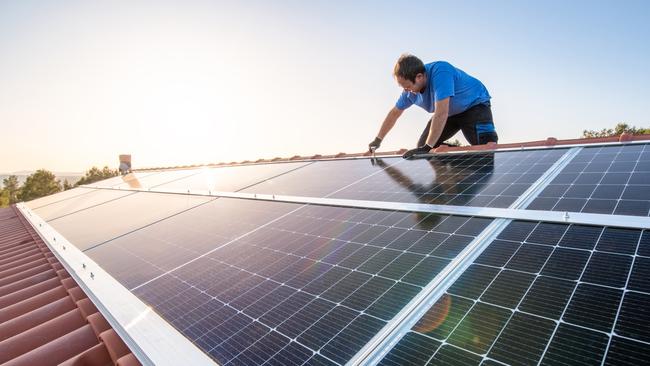
Hey Tony,
Thanks for writing in. If I got a kilowatt for every email I received on my solar column a few weeks ago, I’d have the best Christmas light extravaganza in all of Romsey (I’d decorate the sheep with flashing lights).
Look, nobody is paying me a cent to spruik solar panels – but your argument is a bit like refusing to go to Bali on holiday because the hotel prices are higher than they were on your honeymoon in 1976.
It sucks that you were whacked with the feed-in tariff (FIT) so soon after you put in the panels, but for me the FIT had little to do with my solar sums. In other words, the real aim of the solar game is free power, not selling back to the grid.
If you maximise your consumption when the sun is shining (putting your appliances on timers, etc), you should be able to cut your power bill substantially, even in winter. The average householder with a sensible set-up should get their money back in three to six years.
DISCLAIMER: Information and opinions provided in this column are general in nature and have been prepared for educational purposes only. Always seek personal financial advice tailored to your specific needs before making financial and investment decisions.
Originally published as Barefoot Investor says no matter how much you love your dog, $60,000 in vet fees is too much

